How I learned I’m more than a number on a scale
The harsh reality of eating disorders affects more people than you think.
Photo by Evanthia Stirou
Original art by staff artist, Evanthia Stirou, displaying the dangers of eating disorders.
There’s no question that society today can be a bit toxic at times, especially with social media. The effect these platforms can have on body image is a major issue, placing pressure on many young adults today to try and achieve unattainable body goals set by models and social media influencers. It’s no surprise that close to 28.8 million people in the U.S. are affected by an eating disorder at some point in their life.
While only one out of ten people will be affected by an “ED” (eating disorder) in their lifetime, it’s still horrifying how normalized having this mental illness has become lately. Many people do not know, but eating disorders are the second most deadly mental illness. I’ll repeat that: eating disorders are the second most deadly mental illness, runner-up only to addiction (opioid addiction, in particular). Eating disorders result in 10,200 deaths each year according to anad.org. That amounts to a death every 52 minutes.
Even here on campus, there’s no doubt that people struggle with body image. Passing in the halls or entering the bathroom, you can hear or see people being insecure about how they may look that day. Some people are even outspoken about having an eating disorder (the topic has arisen in senior speeches). Ed’s are much more common than you think and that’s why sensitivity towards these issues is really important as you never really know what someone could be going through.
This is not something to joke about as when it comes to ED’s, triggers are a real thing. Some of these triggering behaviors might include bragging about how little or much you’ve eaten that day, or saying you look ‘fat’ in hopes of other people confirming otherwise.
For someone struggling with an eating disorder or body image, these topics or “jokes” can be painful, even if you’re not trying to offend anyone.
The thing about eating disorders is that they create an extremely competitive mindset. So, when someone who is struggling with one hears something like, “I’ve barely eaten anything today,” that’s basically a green light to try and outdo that person with their eating habits.
I’ve seriously struggled with body image the past two years or so and would occasionally find myself slipping into restrictive eating habits every now and then. Then, the quarantine era began and those habits grew much worse.
Obviously, I was spending a significant amount of time at home, which meant more time to go on my phone and social media. I was constantly sitting at a desk doing online school or laying around at home not doing much. Sports or going to the gym wasn’t an option anymore, and I’ll admit that I did start snacking a bit more throughout the day.
I remember going on Instagram or TikTok and just constantly seeing tips on healthy eating and working out on top of pictures of perfectly toned, skinny influencers. And I was doing this all the time. I was becoming obsessive. I was slipping into a really dark place and I didn’t realize it until a couple of months later.
I began to fall into serious eating disorder habits. It was easily one of the worst experiences of my life and it really did a number on both my physical and mental health. If you or someone you know is struggling with an ED (and there are many of you out there), please take a moment to read about my journey. Hopefully, you will see that recovery is possible, that help can be found, and that overcoming feels amazing.
For the majority of this very extended summer, I was extremely restrictive with the food I allowed myself to eat. I counted every single calorie that went into my body. It became a competition as to how low I could keep that number every day. It reached the point where there’d be weeks when I would eat 500 calories or less EVERY day.
And the thing was, no one knew.
I went at least two months without anyone having any suspicion I was going through this. Every day the number on the scale would go down more and more. One part of myself, the ED side, felt proud, while another part hated me for doing it.
The restricting eventually turned into purging and I began to develop an eating disorder called bulimia nervosa. As this developed, I began to look pretty similar to how I did when I ate normally, so I had convinced myself that since I didn’t have ‘the look’ of someone with an eating disorder, then I was fine.
In reality, I was not. I was cold all the time, I felt weak constantly, and while I started to look somewhat normal again, I noticed that the muscle in my legs and arms was close to gone.
According to the National Association of Anorexia Nervosa and Associated Disorders, less than 6% of people who have an eating disorder are classified as underweight, but that in no way means you should ignore these problems.
An ED is a mental disorder. Whether you look healthy or not should not be a determining factor as to whether or not you reach out for help or think your issues shouldn’t be addressed. The issues are rooted in your mind, and your brain deserves to feel healthy just as much as your body.
My struggle with this problem affected my mind more than my body. I was constantly more moody and the littlest things could set me off. I remember just feeling pure anger towards people when they’d make me eat something while I was restricting, which they didn’t deserve at all, but I couldn’t help it. It had taken over every aspect of my life and it felt like there was nothing I could do to stop it.
For months, the entirety of my day revolved around food, thinking about food, and what I was going to do to work off or get rid of the calories I took in. There were countless times where I’d make sure I’d leave hangouts with friends right after eating so I could purge the food I just ate. And if there was a plan to go to the beach or pool that day and I felt like I’d eaten too much beforehand or didn’t like the way I looked, I simply wouldn’t go.
I was constantly comparing myself to everyone around me. I remember being so jealous of how they could all seemingly eat regular meals and snacks without having a near panic attack about it. I wanted that to be my life again so badly, but I feared I was too deep into the ED mindset to be able to pull myself back to a place of normalcy.
I finally reached out to one or two people I trusted along with my parents at the end of July and told them what had been going on and until now; they were the only ones who knew my secret. Since then, I’ve been recovering and I feel better than ever now.
While I feel like I may have just gotten a mere taste of how bad an eating disorder can be, it was still one of the worst experiences of my life. Nothing can be worse than constantly having every one of your thoughts be about fearing food, when you’ll get to work out next, or just negative thoughts about yourself. I felt like my eating disorder was all I was. It’s not a healthy, let alone in any way desirable way to live.
If you feel yourself beginning to slip into these habits, please reach out for help. Having an eating disorder is neither fun nor pretty. I was so scared to reach out to anyone for so long because I didn’t want to make it a big issue, but if you’re going through this, it is a big issue. Whether it’s a friend, parent, eating disorder hotline, or just anyone you feel comfortable telling, please just tell someone.
My story is just one of many. With how normalized eating disorders have become, it’s possible for anyone to be affected by one today, unfortunately. This is not an issue to be taken lightly as they can easily cause serious long term health problems and even become fatal.
We’ve all been given amazing bodies that can do amazing things and we need to make sure we’re treating them well. When you die, no one is going to remember you for how small your stomach was or what size you wore. You’re going to be remembered for the type of person you were, and it’s so important that your mental health and who you are as a person remain more of a priority than the number on the scale.
*If you or someone you know is struggling with an eating disorder, help can be found here. *

Ansley Morris is an Associate Editor in her third year on the Gauntlet staff. She’s a senior who enjoys going to the gym, cooking, and going out on the...
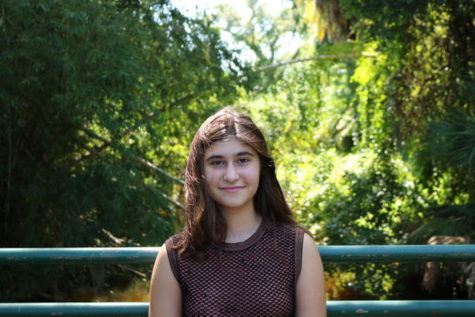
Evanthia is a third-year Creative Director on The Gauntlet. She is a senior here at Saint Stephen's and likes drawing, playing Genshin Impact, and hanging...

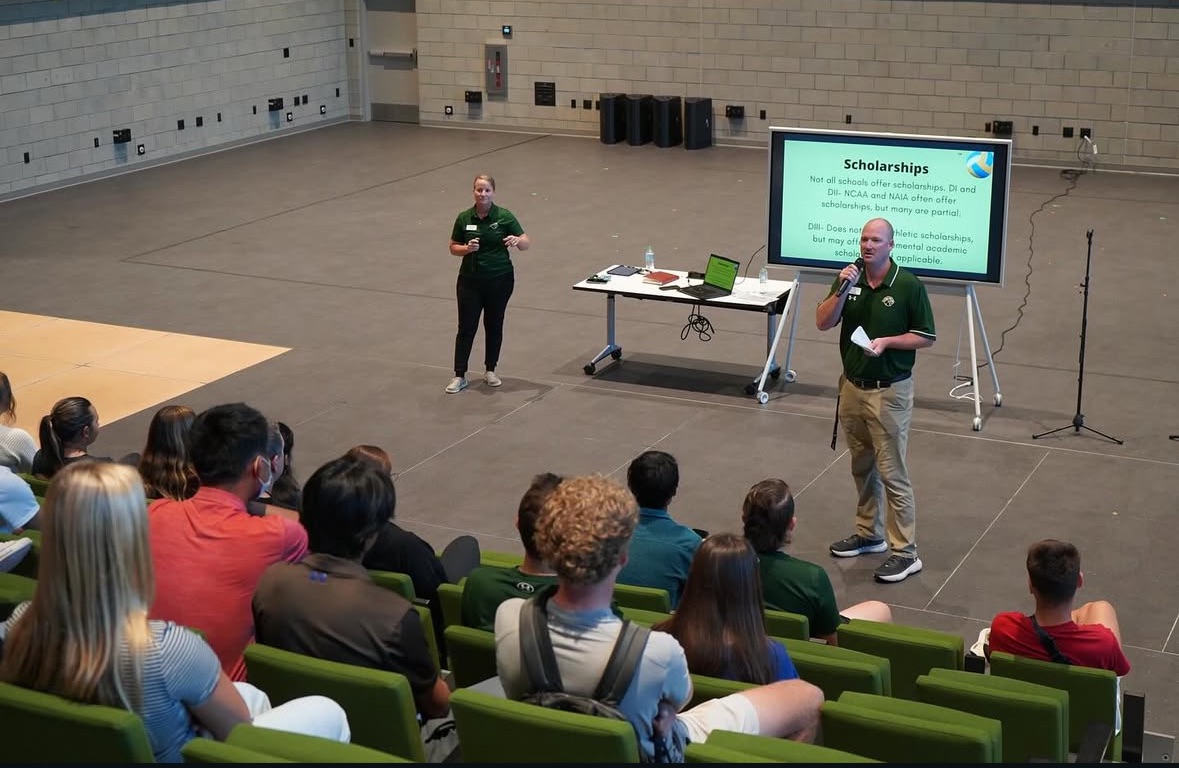
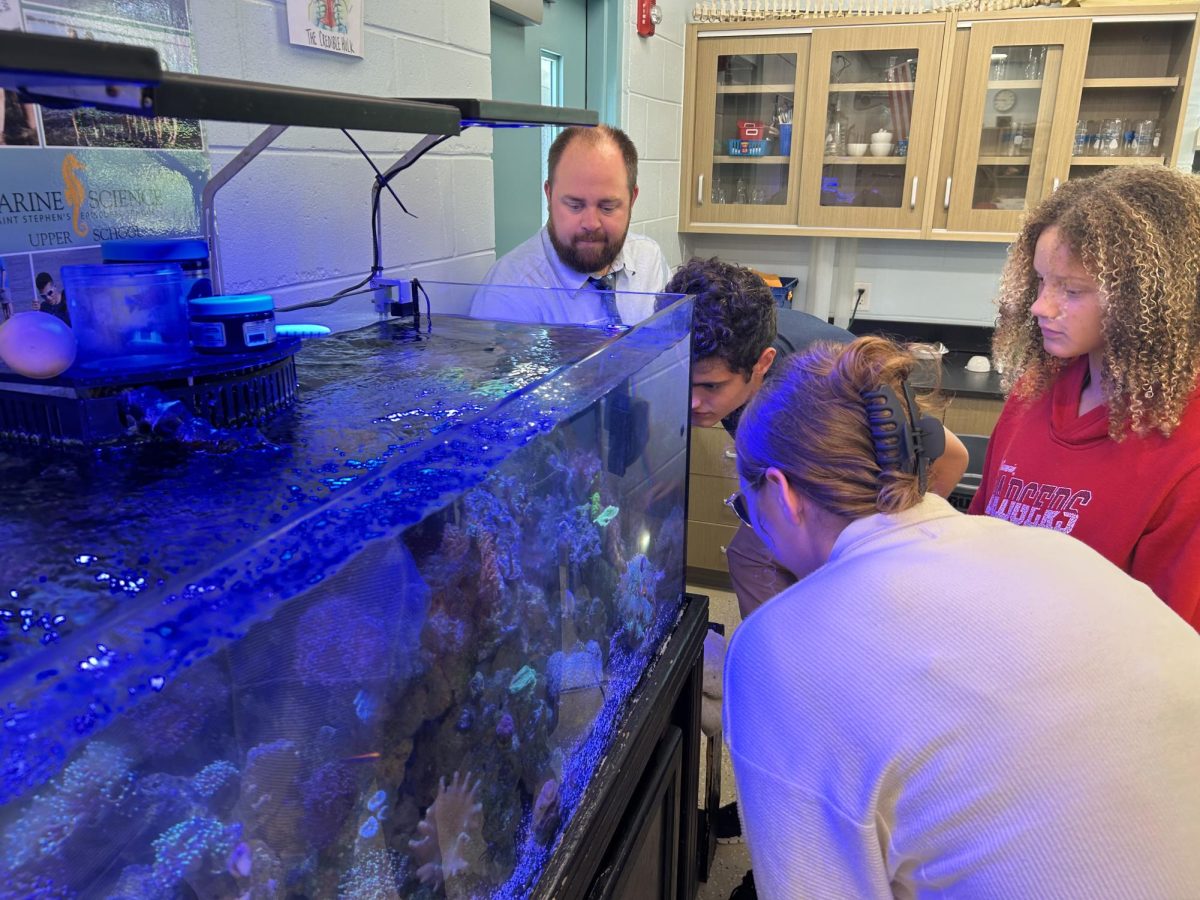
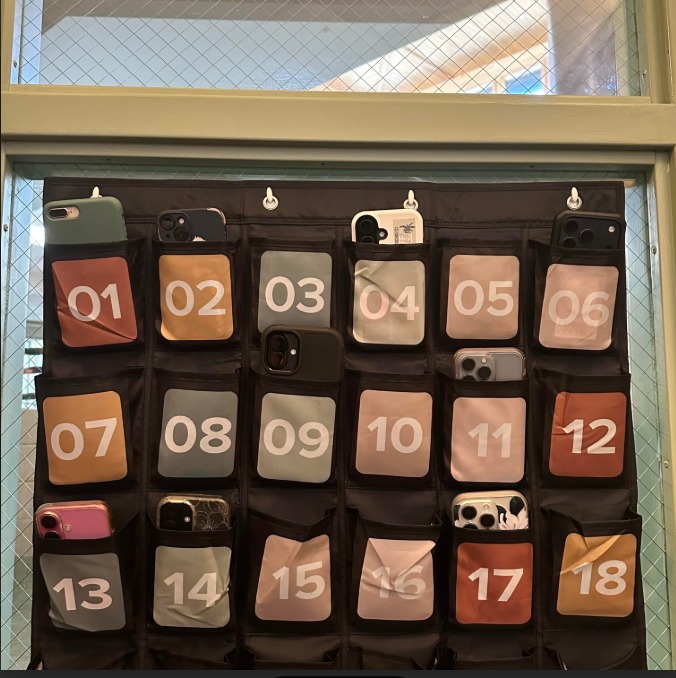
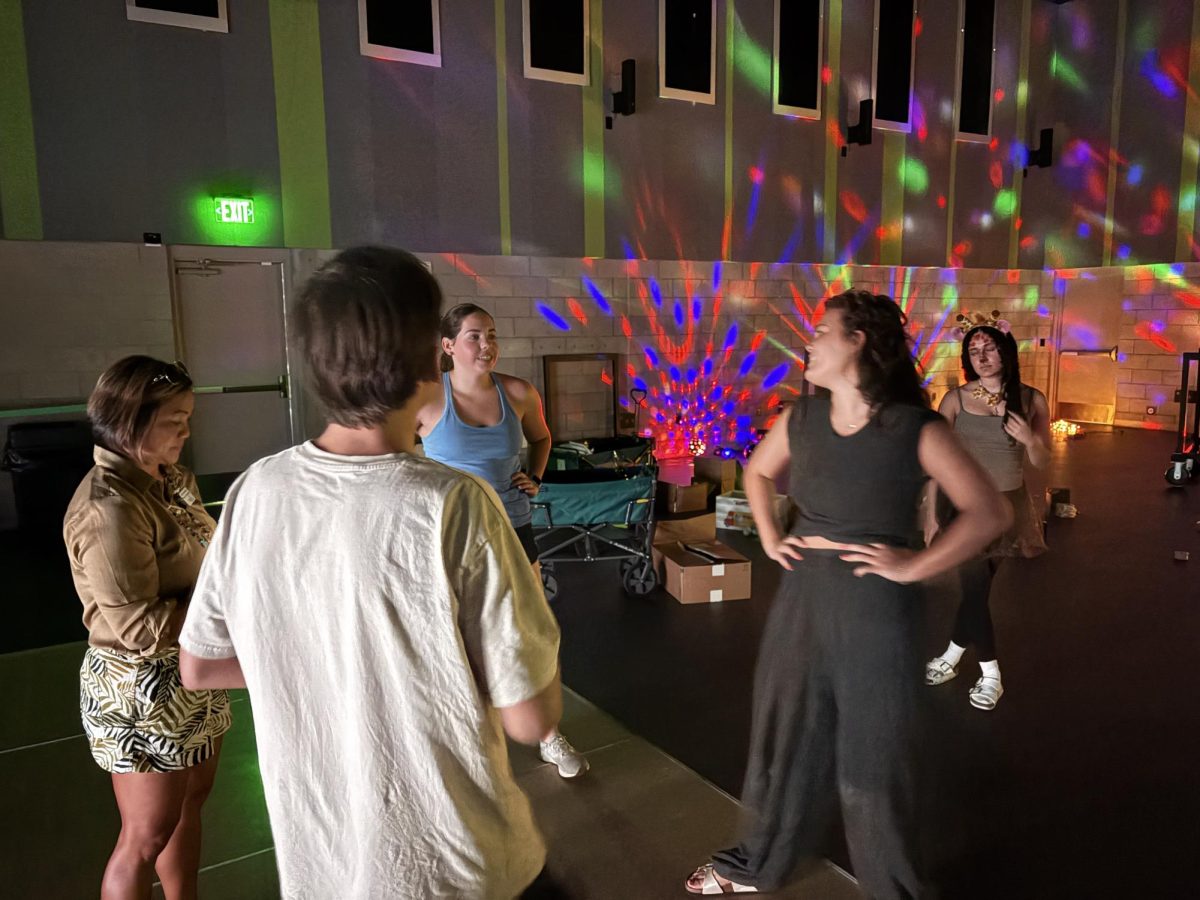
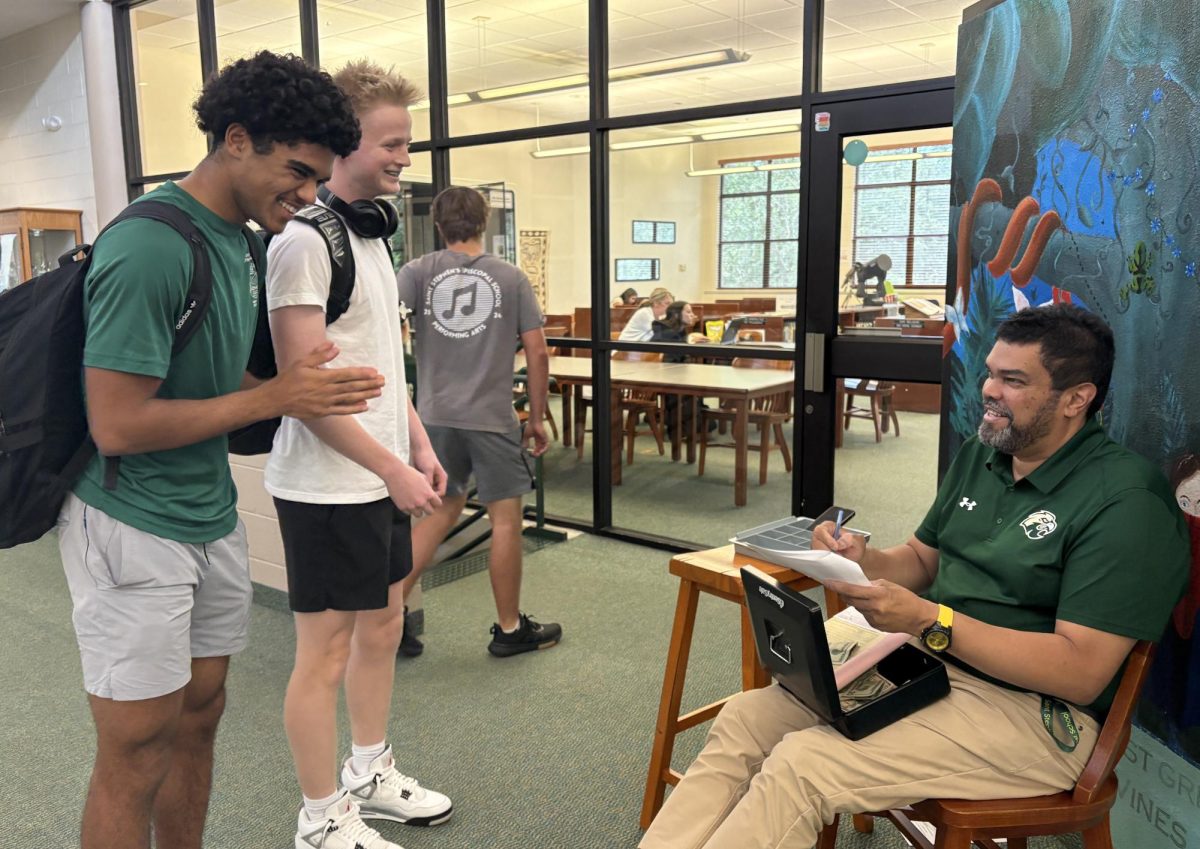
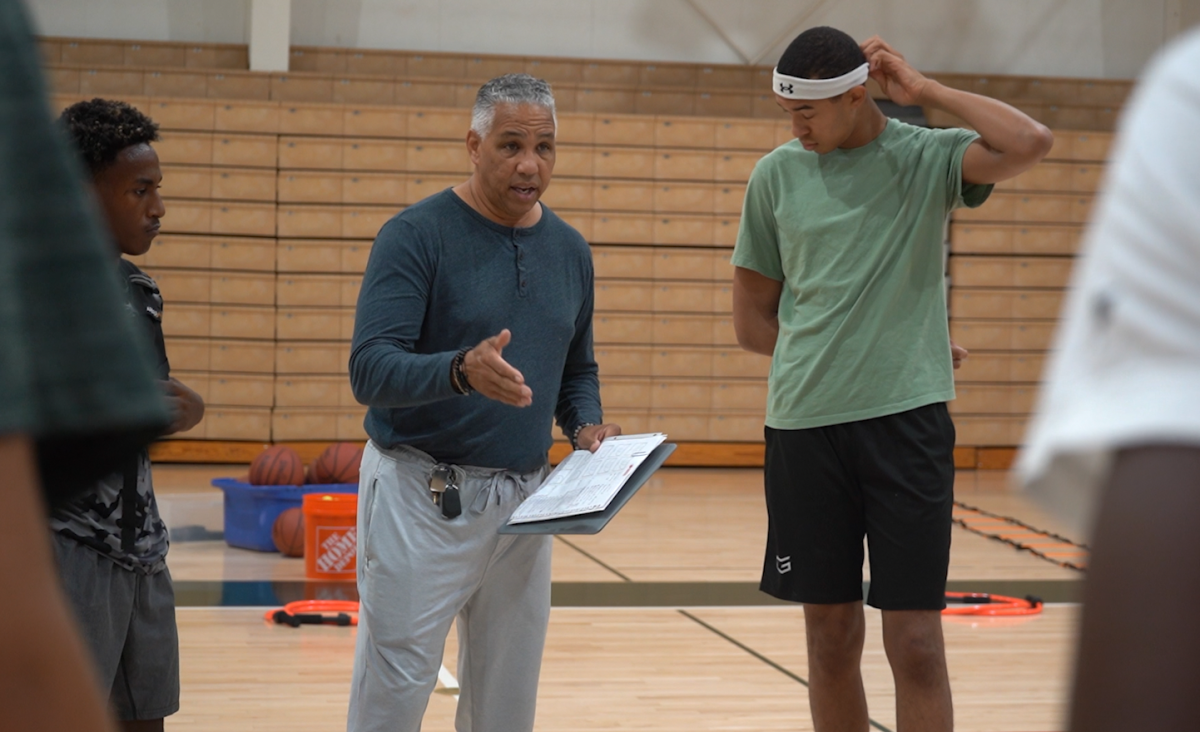


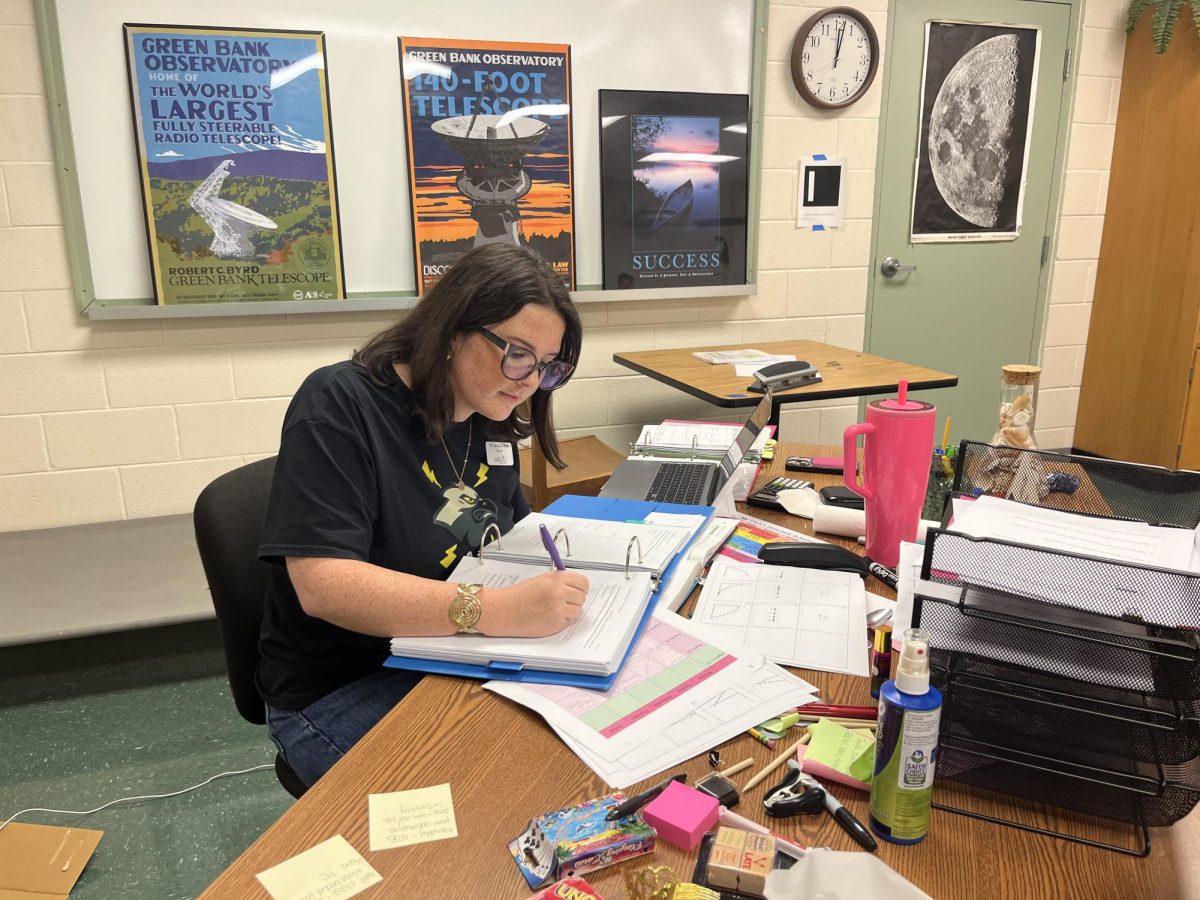
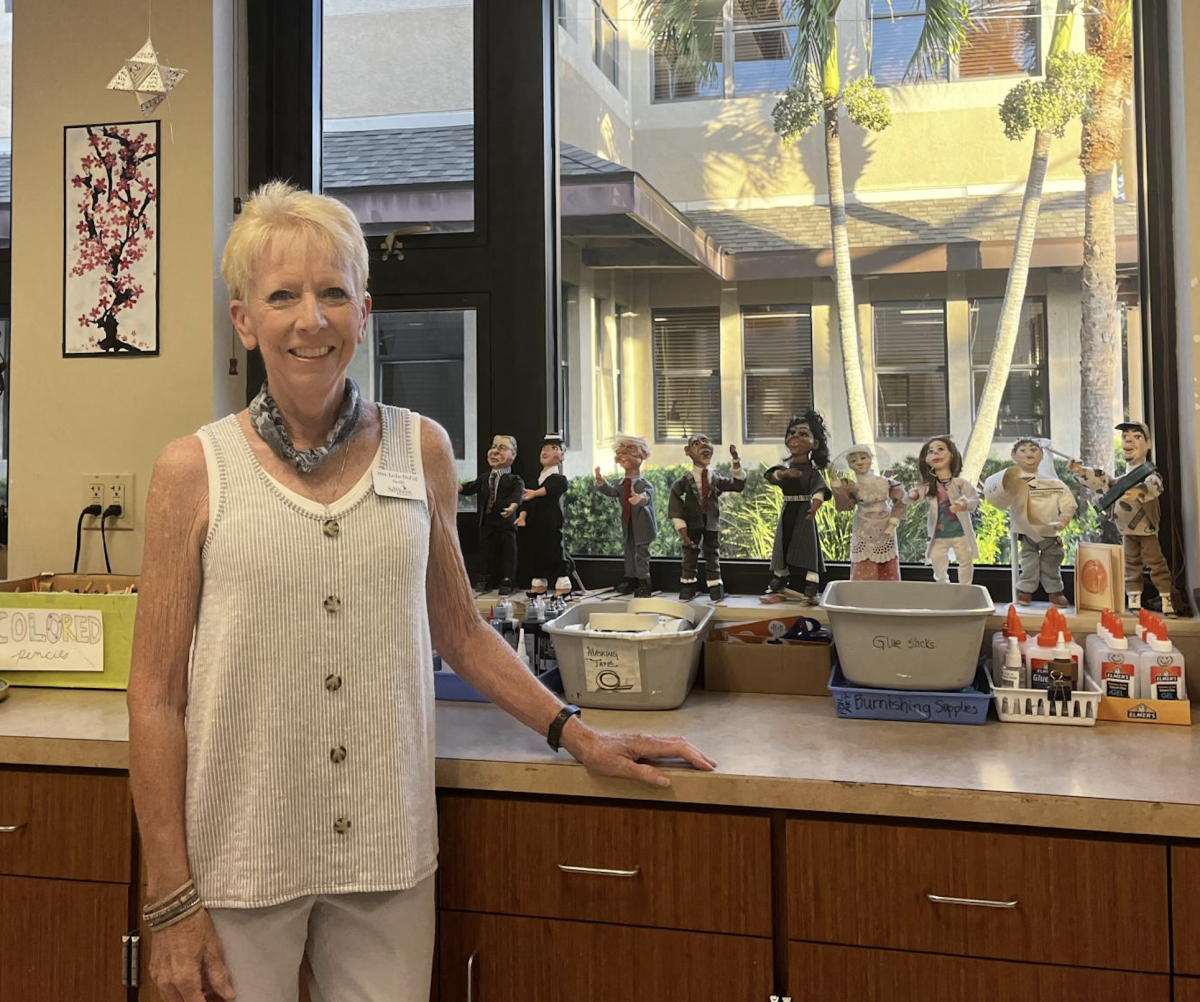
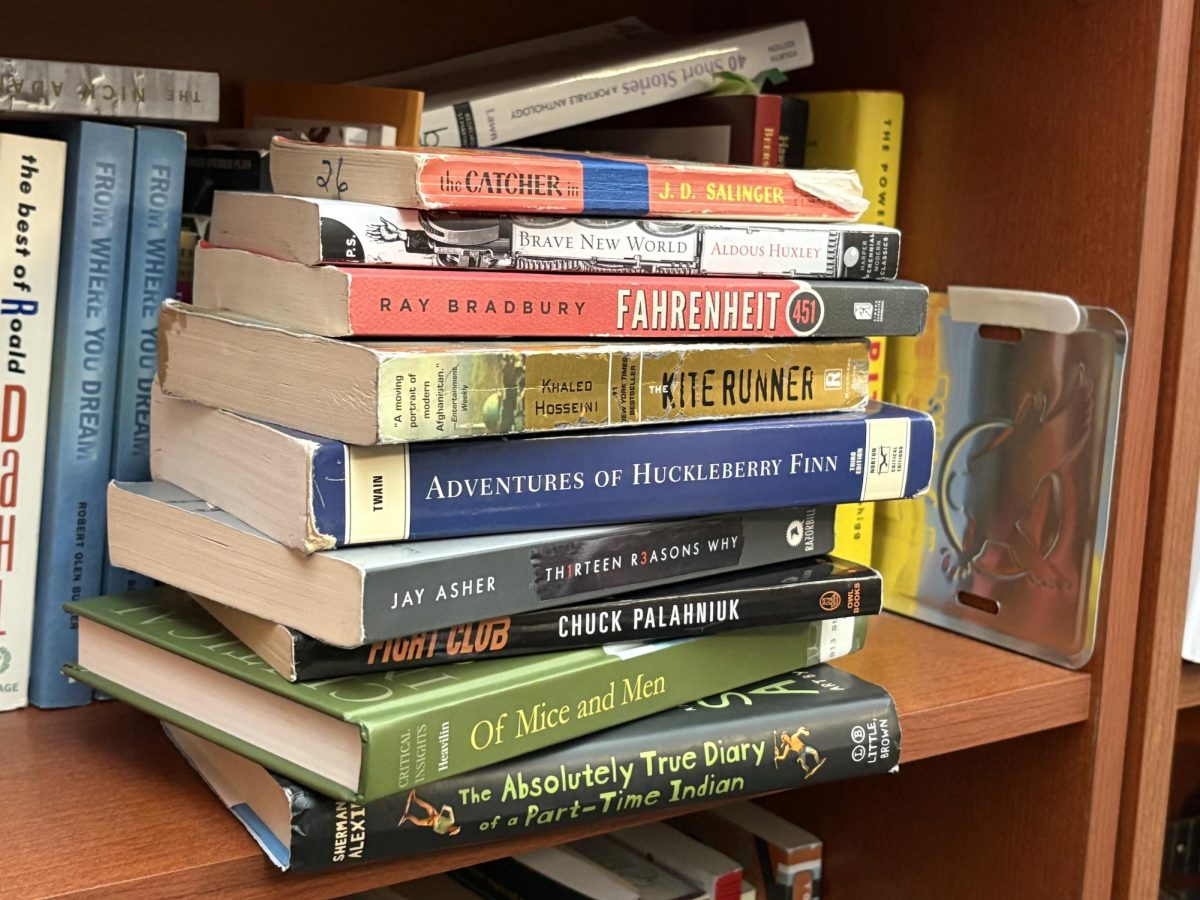

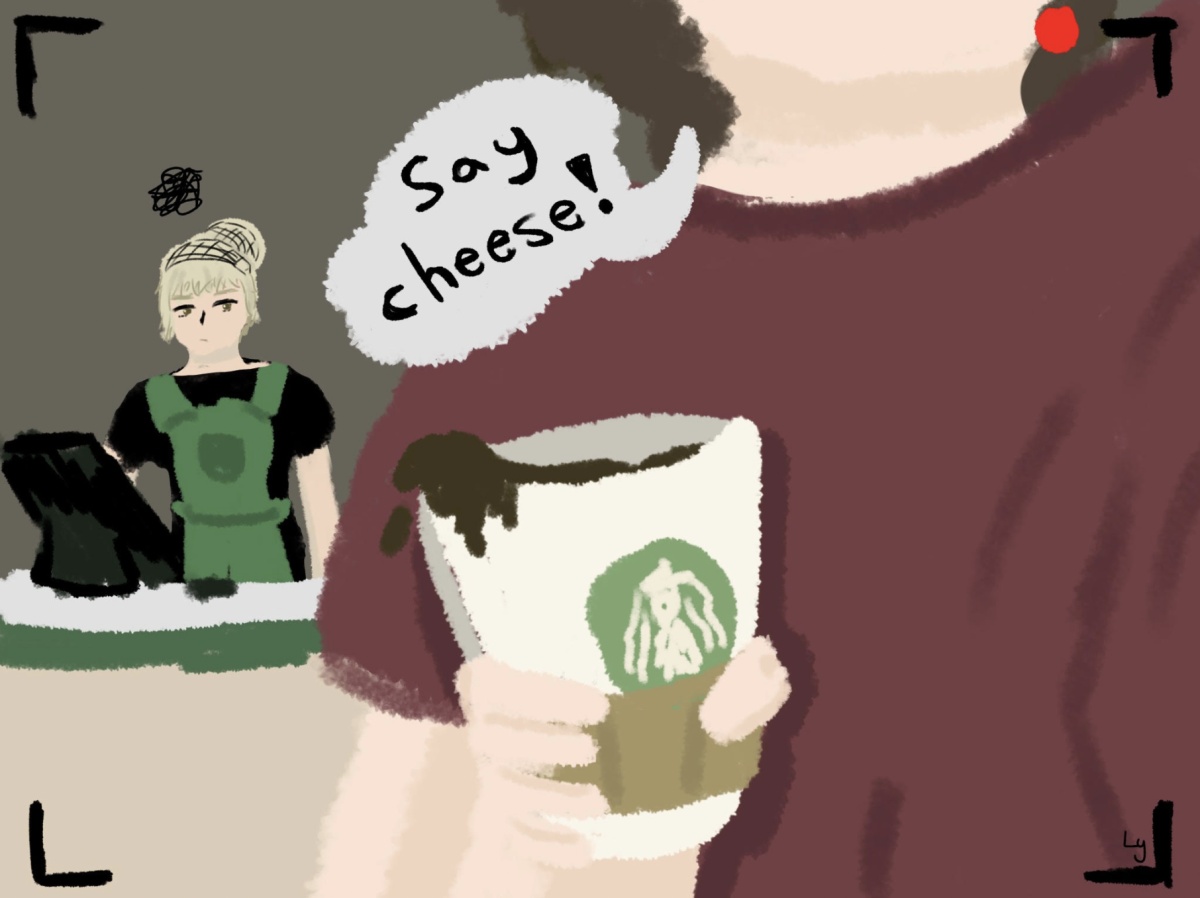
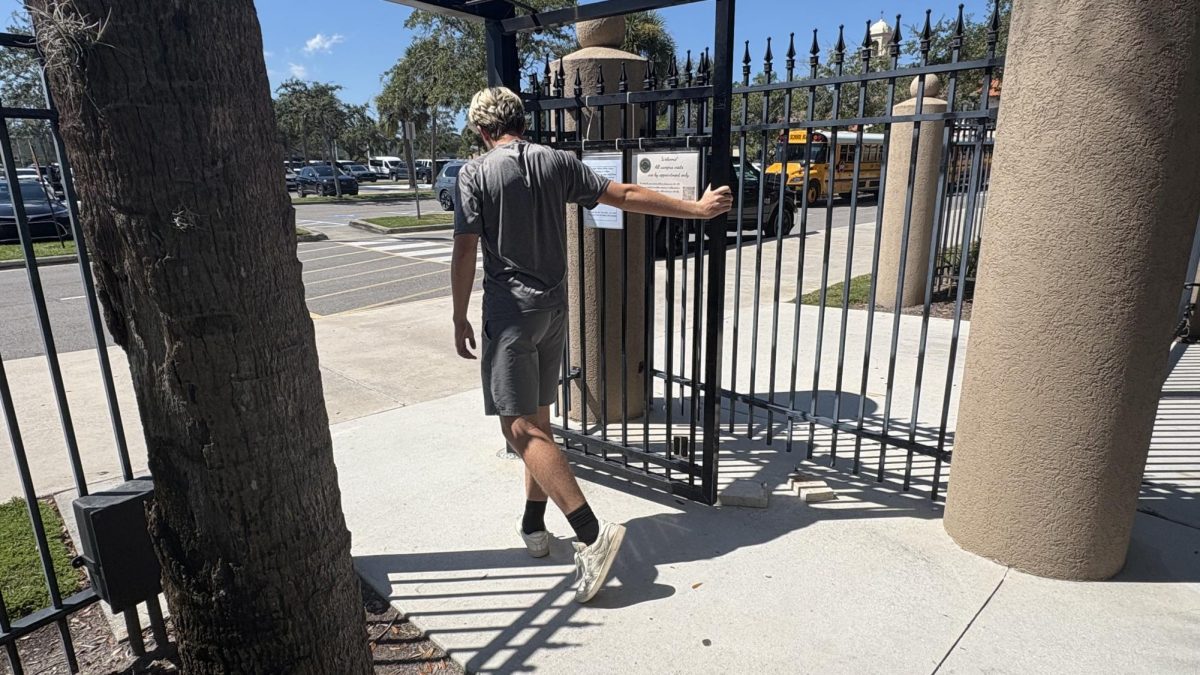

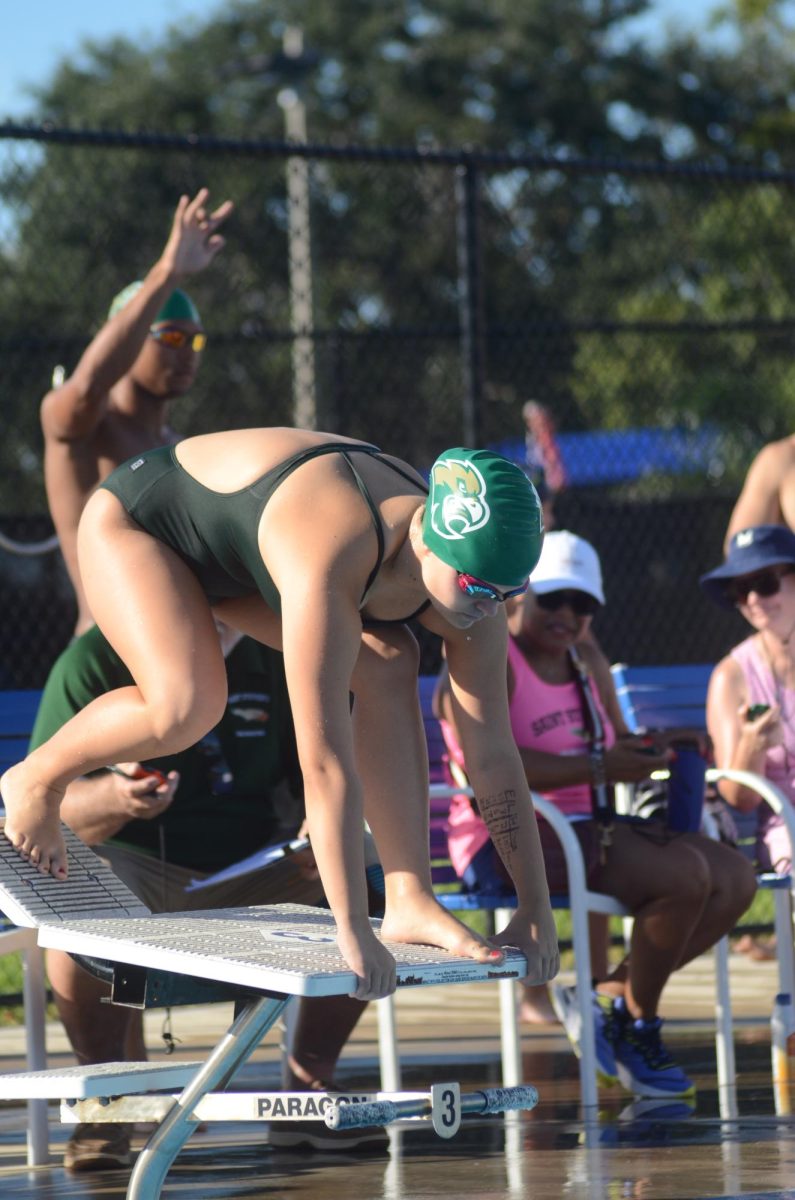
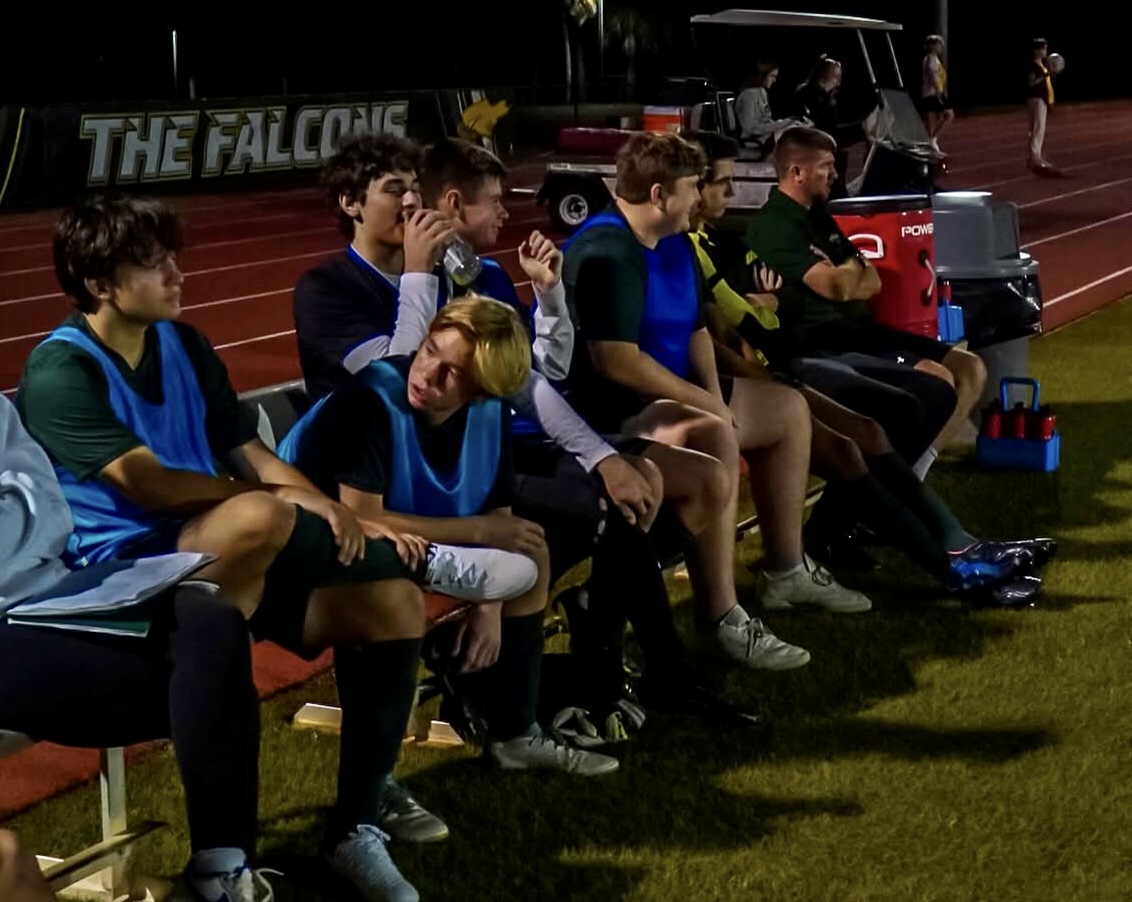
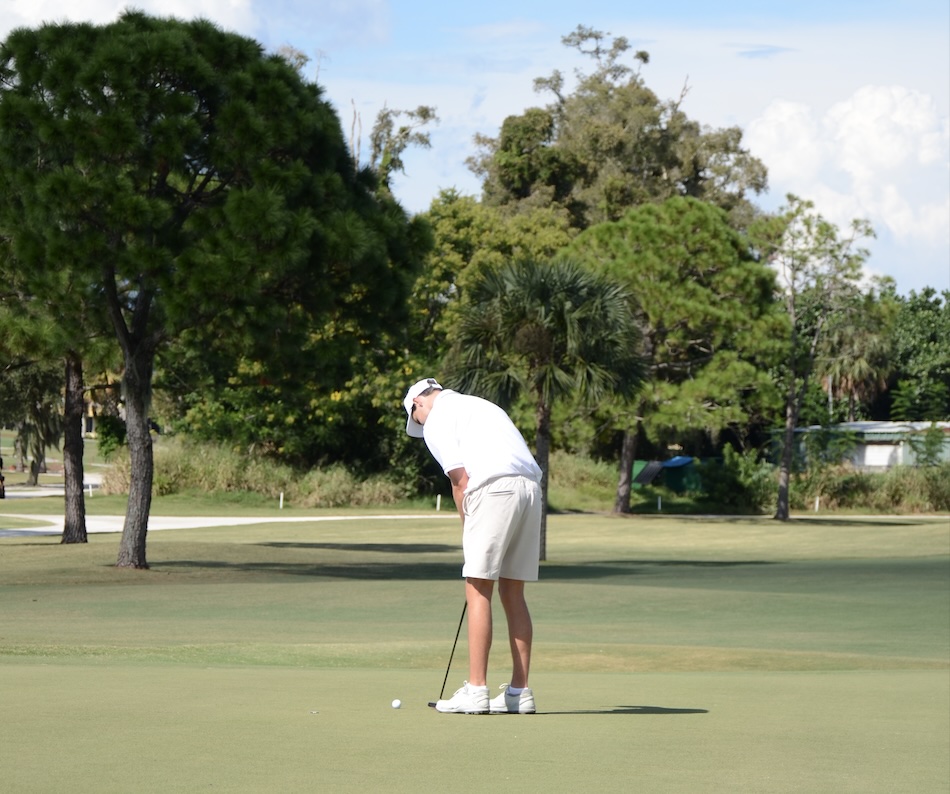
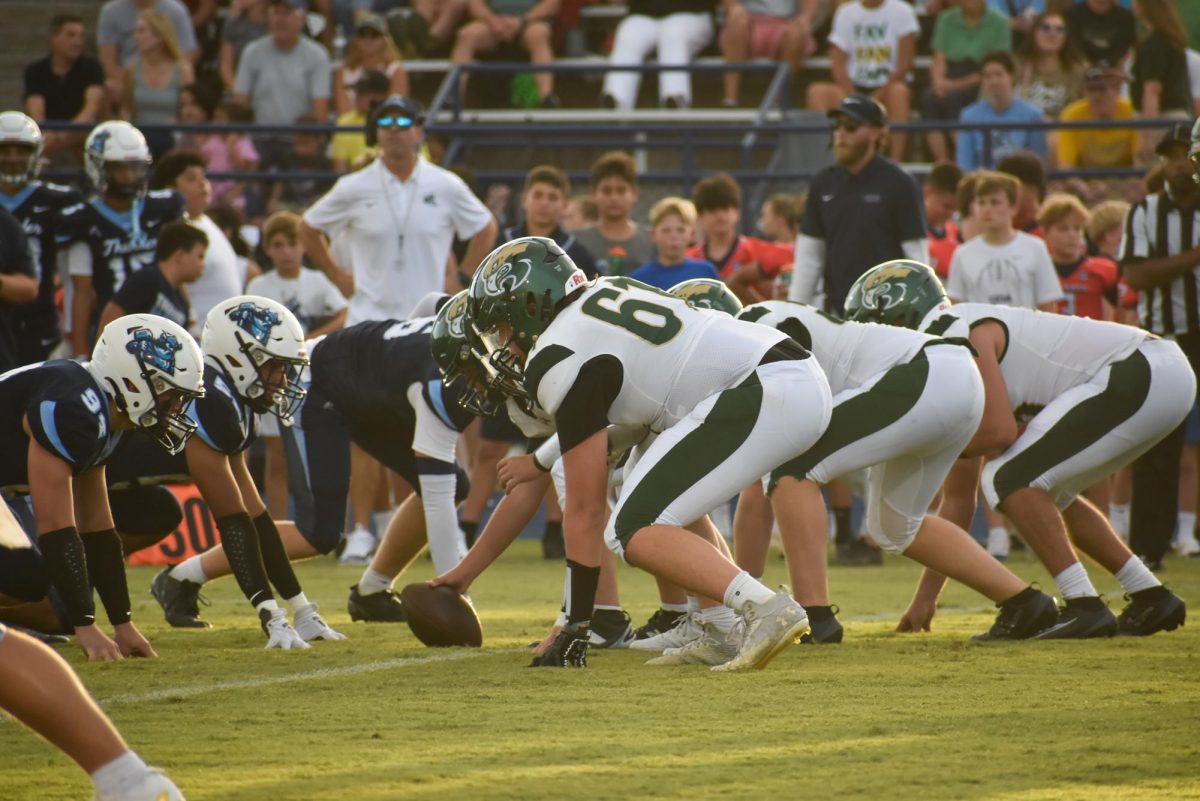
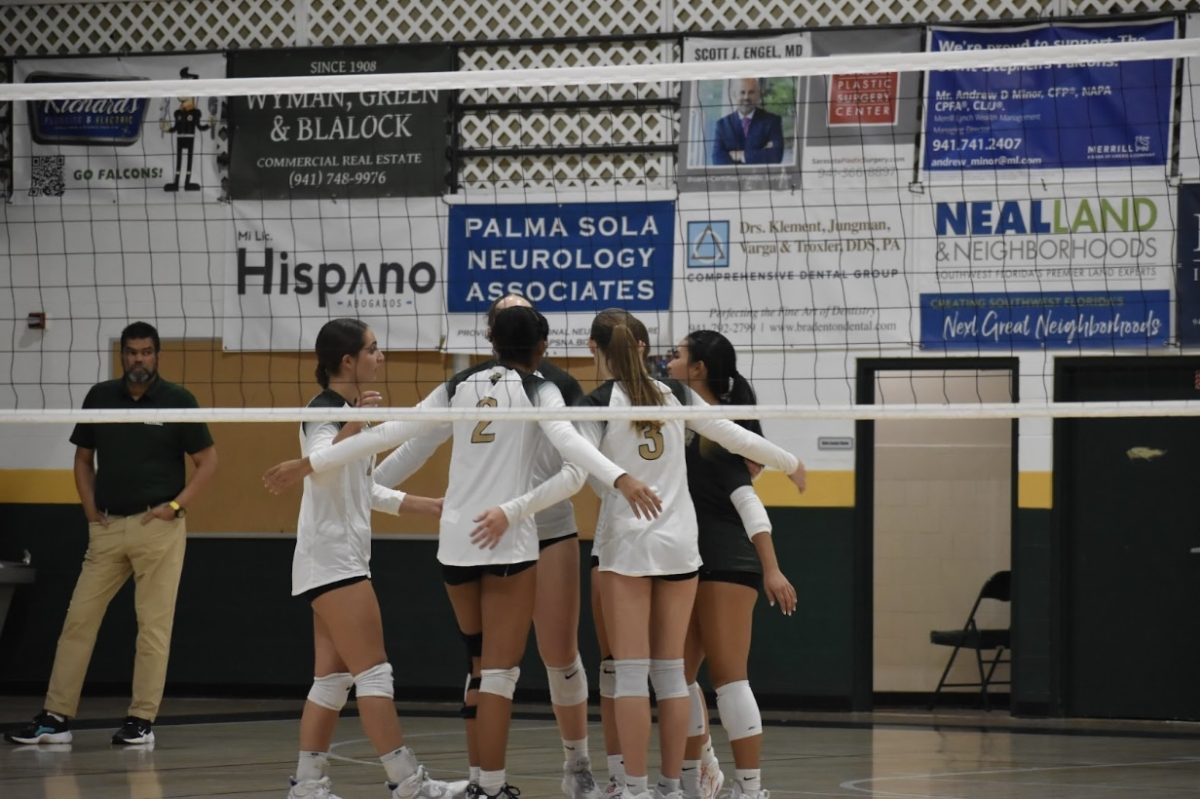
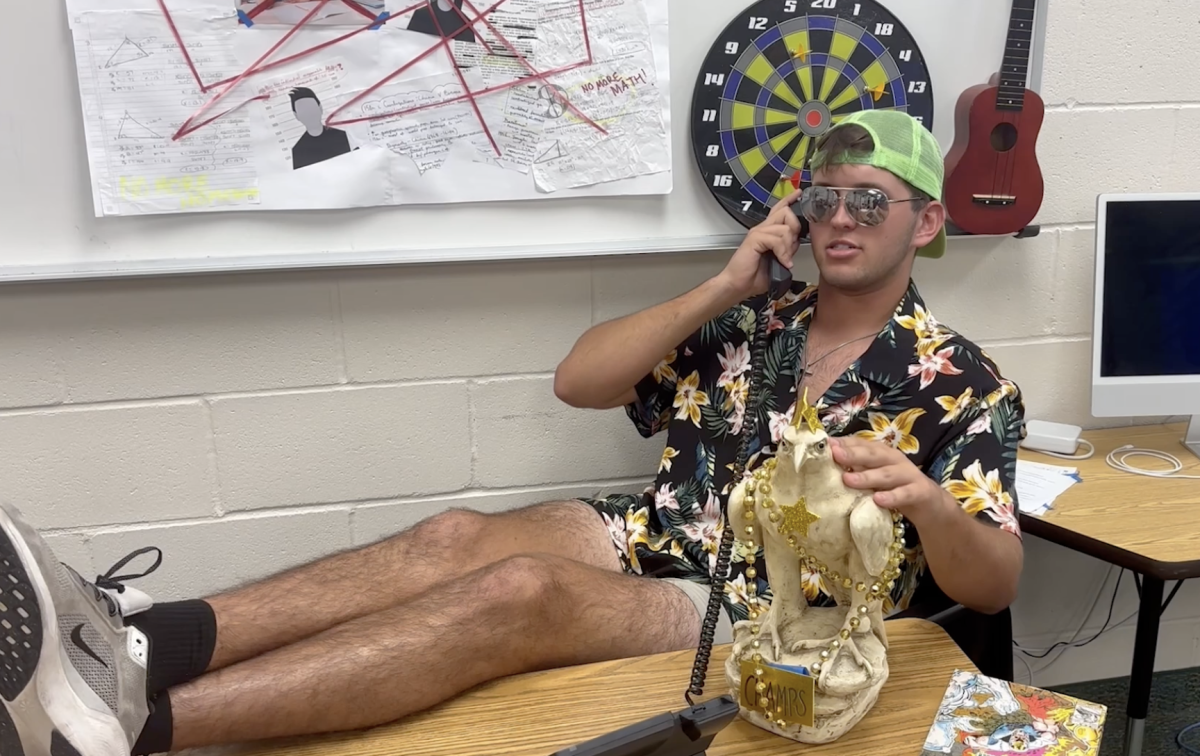
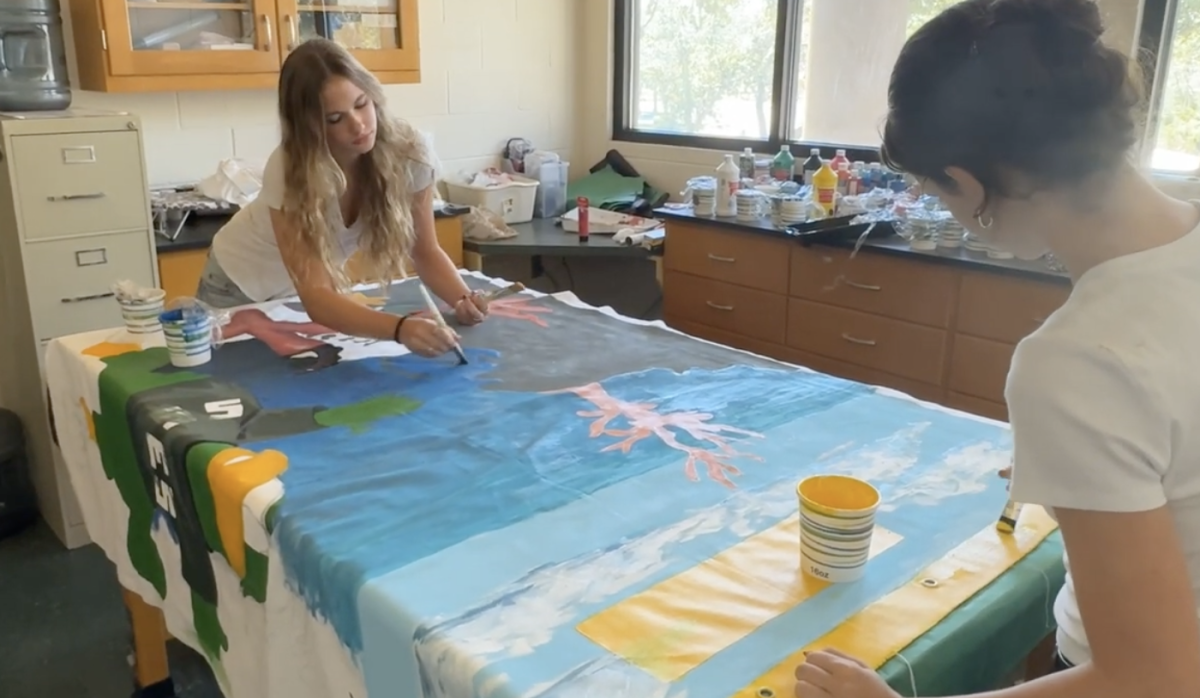















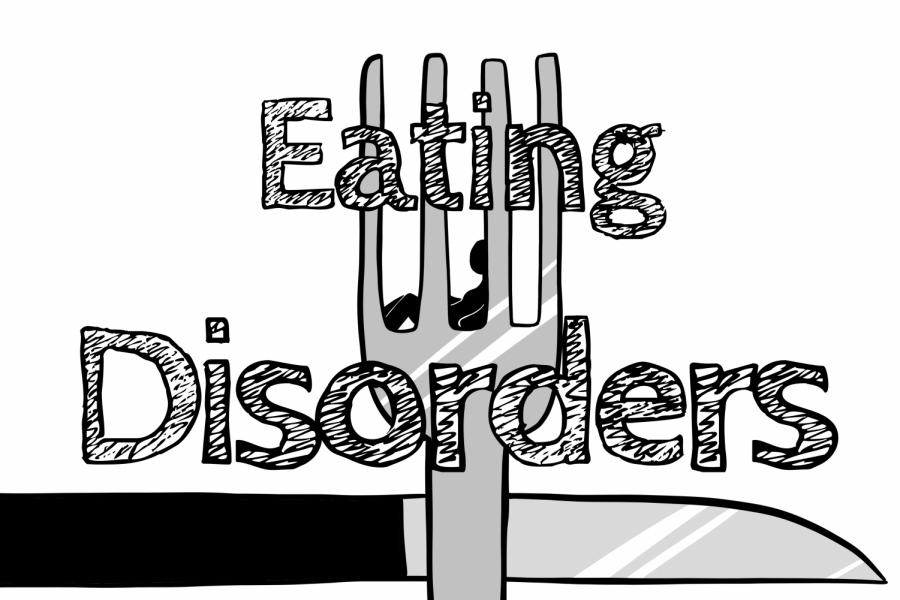
Sandy Scroggins • Oct 21, 2020 at 6:04 am
Wonderful article. Thanks for sharing. I’m sure others will learn and understand more about “ED” from your article.